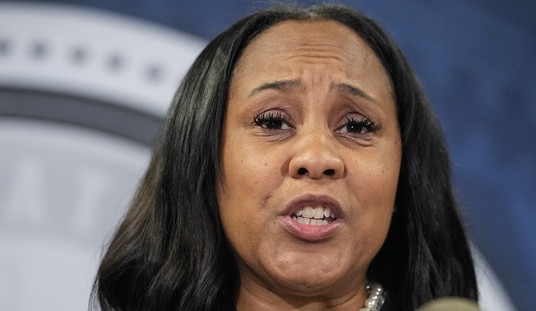The wage gap is still a hot iron feminists are striking despite the fact that it’s been disproved repeatedly.
As covered ad nauseum by myself, other journalists, and economic experts, the gap in pay between men and women usually boils down to choices men and women make. For some reason, choices seem to play little part in the feminist understanding of the wage gap, and the fact that one exists alone is enough for them to get indignant.
Take the newest case of supposed pay discrimination as reported by Ashe Schow of the DailyWire. According to Schow, Elizabeth Rowe of the Boston Symphony Orchestra (BSO) is suing the orchestra over the fact that a male makes far more than she does a year:
Elizabeth Rowe joined the BSO when she was 29 after a blind audition, which, according to The Washington Post involved playing “behind a brown, 33-foot polyester screen” so no one knew her gender or race. Rowe is now 44, and knows that John Ferrillo, a 63-year-old man, makes nearly $70,000 more than her, because his salary was disclosed in a tax filing since the BSO is a nonprofit organization.
For Rowe, this is open and shut. How could a man make so much more money than she does for putting in the same amount of work as Ferrillo?
The answer is simple. It’s all about what Ferrillo plays, and what it took to get him to join the BSO as Schow reported:
Ferrillo has been with the BSO since 2001. Rowe has been with the orchestra since 2004. Ferrillo was also lured away from the Metropolitan Opera Orchestra, the Post reported, by offering to pay him “twice what the orchestra’s rank-and-file-make.”
But the biggest difference between the two? Rowe plays the flute, while Ferrillo plays the oboe. Two very different instruments. So, this is not a case of unequal pay for equal work. The BSO provided the Post with a statement in which it “defended its pay structure, saying that the flute and oboe are not comparable because, in part, the oboe is more difficult to play and there is a larger pool of flutists.”
In short, Ferrillo is a rarity. The world is filthy with professional flutists, but how often do you hear about master oboe players?
The answer is not at all often, and the BSO was willing to pay top dollar to attract one to their orchestra, which is a perfectly legitimate reason for Ferrillo to be paid far more than many others within the orchestra, even the men.
But as the information rolls out, it just looks even worse for Rowe, who according to Schow, is paid far more than many men in the orchestra:
The Post went through the average pay (that’s how people claim wage discrepancy, rather than comparing apples to apples) of America’s largest orchestras, and found that only 18% of the top earners are women, and that the “top male earner makes $535,789, while the top female earner makes $410,912.” The Post does not say what instruments these top earners play or for which orchestras they play.
There’s more:
“Although four other principal BSO players — all men — earn more than Rowe, the orchestra notes that she is paid more than nine other principals, of which only one, harpist Jessica Zhou, is a woman. Rowe has been given occasional raises, and her current salary is $250,149 a year.”
So it’s not a question of wage gap at all, it’s a question of skill and value to the orchestra. Rowe is clearly more valuable to the orchestra than other men are and as a result, she’s paid more. However, this doesn’t seem to factor into her reasoning.
Feminists don’t seem to care about merit-based pay. If a man is making more than them, they seem to ignore any factors that might contribute to it and go straight into believing the man is only paid more because of sexual discrimination. This is flawed reasoning, and essentially demanding someone is paid more based off of their sex and not their value, which is what feminists claim they’re fighting against in the first place.
The wage gap isn’t real, but feminist irrationality sure is.













Join the conversation as a VIP Member